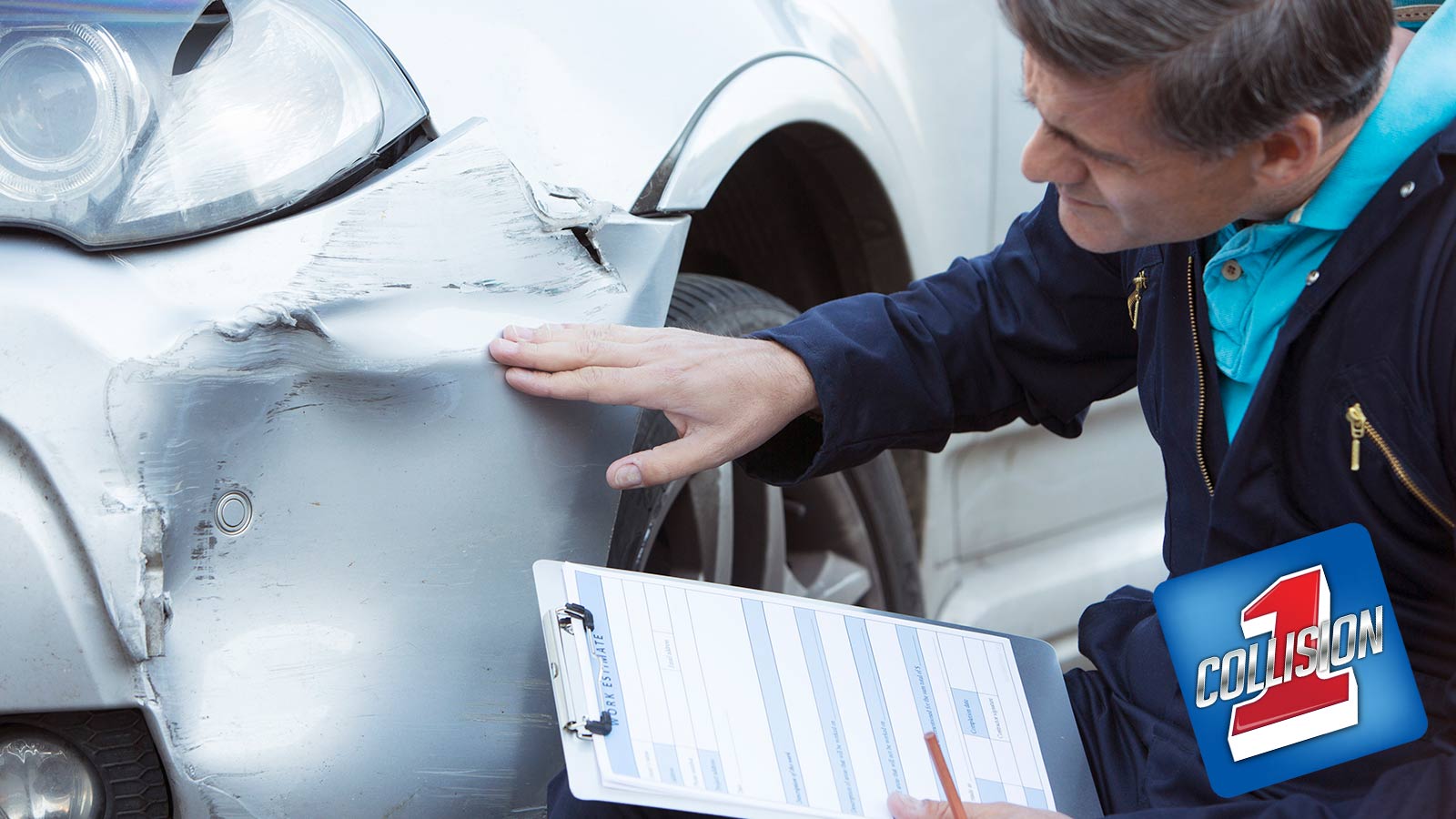Exploring the History of Your Favorite Motor Group
Every motor group has a rich tapestry of history woven through its origins, triumphs, and milestones. These groups are not merely collections of enthusiasts; they represent a legacy of innovation, community, and shared passion for all things automotive. Exploring motor group history unveils the fascinating journey that shaped these organizations, highlighting the heritage of motor groups and the significant contributions they have made to the automotive world.
The Origins of Motor Groups
Motor groups began to emerge in the early 20th century as automobiles transitioned from luxury items to accessible forms of transportation. Car enthusiasts sought community, forming clubs that allowed them to share experiences, exchange knowledge, and celebrate their love for automobiles. One of the earliest recorded motor clubs, the Automobile Club of America, was established in 1899. This organization, among others, set the foundation for the future of motor groups.
As the automobile industry burgeoned, so did the diversity of motor groups. Whether focused on classic cars, racing, off-roading, or environmental sustainability, each group began to cultivate its own identity and mission. These unique characteristics contributed to a rich landscape of automotive communities, each with its own significant milestones in automotive history.
Milestones That Shaped Motor Groups
Throughout the years, motor groups have played pivotal roles in shaping automotive culture and industry practices. For instance, the 1950s and 1960s marked the golden age of motorsports. Clubs organized races and events that not only showcased driving prowess but also brought together fans and participants, further solidifying the community aspect of motor groups. Iconic events, such as the Pebble Beach Concours d’Elegance, emerged during this era, highlighting the artistry of automobiles and celebrating their craftsmanship.
Moreover, many motor groups have historically been at the forefront of technological advancements. Organizations like the Society of Automotive Engineers (SAE) have contributed to the standardization of automotive engineering practices and innovations. As automotive technology evolved, motor groups became platforms for advocacy, pushing for safer vehicles, better emissions standards, and advancements in fuel efficiency. These efforts exemplify how influential groups have shaped the industry, not just for their members, but for society as a whole.
The Role of Community and Networking
The power of community within motor groups cannot be understated. Through networking and collaboration, members have shared resources, knowledge, and experiences, fostering an environment that promotes growth and learning. Many groups have established mentorship programs that connect seasoned professionals with newcomers, ensuring that the wealth of knowledge is passed down through generations.
In addition to mentorship, these groups often host events and rallies that celebrate their shared passion. From local meetups to international conventions, the opportunity to connect with fellow enthusiasts amplifies the sense of belonging. Such gatherings allow members to share stories, show off their vehicles, and form lasting friendships, further enhancing the heritage of motor groups.
Celebrating Diversity in Motor Groups
One of the most inspiring aspects of motor groups is their ability to embrace diversity. As automotive culture evolves, so too do the demographics of its enthusiasts. Many groups are actively working to create inclusive spaces that welcome individuals from all backgrounds, fostering a richer community experience.
This inclusivity can be seen in groups that focus on specific interests, such as women in motorsports, LGBTQ+ automotive clubs, and multicultural automotive organizations. These influential groups are reshaping the narrative of automotive enthusiasm, ensuring that everyone has a seat at the table. By exploring these diverse experiences, we gain a deeper understanding of the various perspectives that enrich the motor group community.
The Future of Motor Groups
As technology continues to advance, motor groups are adapting to new trends and challenges. Electric vehicles, autonomous driving, and the growing concern for sustainability are all influencing the future direction of these organizations. Many motor groups are taking proactive steps to incorporate eco-friendly practices, promoting electric vehicle events and discussions on sustainable transportation.
By embracing these changes, motor groups ensure their relevance in an ever-evolving industry. The future of automotive enthusiasm lies in adaptability, and the most successful groups will be those that remain open to new ideas while honoring their heritage.
Conclusion
Exploring the history of your favorite motor group reveals a compelling narrative filled with passion, innovation, and community spirit. From their humble beginnings to their influential roles in shaping automotive culture, motor groups embody the essence of camaraderie among enthusiasts. By acknowledging significant milestones in automotive history and celebrating the diversity within these communities, members continue to foster a legacy that inspires future generations. As these organizations evolve and adapt, they remain steadfast in their mission to unite automotive lovers from all walks of life, creating a vibrant tapestry of shared experiences and lasting connections.



